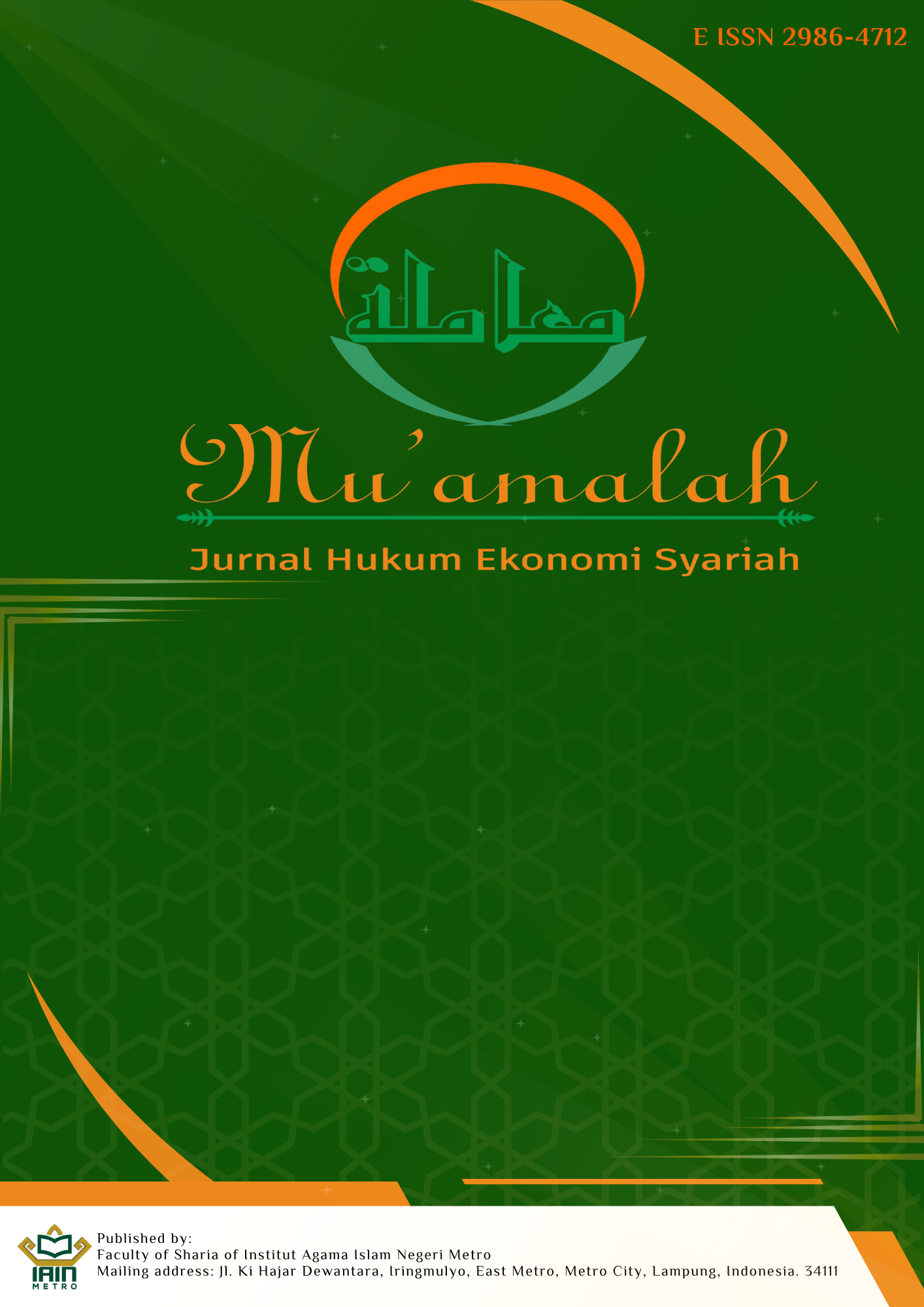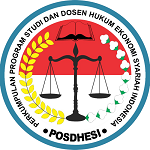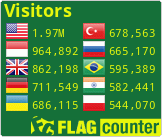Analisis Terhadap Pembulatan Timbangan Pengiriman Barang pada JNE Menurut Persepektif Hukum Islam
DOI:
https://doi.org/10.32332/muamalah.v1i1.4814Keywords:
JNE, Jasa, Upah, Sewa-MenyewaAbstract
In the highly competitive courier service industry, PT. JNE Express strives to position itself as a leading provider of quality delivery services. To achieve this, the company must understand the factors that influence customer satisfaction. PT. JNE Express is well-known among business operators in Indonesia due to its extensive network of agents across provinces, districts, cities, and sub-districts. JNE applies a weight-based system for shipping charges, where the weight of the package is rounded up to the nearest kilogram. For example, a package weighing 1.4 kg is rounded up to 2 kg. This study examines whether the rounding practice in PT. JNE Express' shipping charges disadvantages consumers and how Islamic law views this practice. The findings suggest that the rounding practice may potentially harm consumers by charging them for a higher weight than the actual weight of the package, leading to unjust financial burdens. From an Islamic legal perspective, such practices may be seen as unfair and inconsistent with the principles of fairness and transparency in business transactions. The study concludes that while Ijarah contracts are permissible in Islam, the practice of rounding up without clear justification may need reform to align with Islamic economic principles of justice and consumer protection.
Downloads
References
Downloads
Published
Issue
Section
License
Copyright (c) 2022 Taufid

This work is licensed under a Creative Commons Attribution-ShareAlike 4.0 International License.
All articles in the Mu'amalah: Jurnal Hukum Ekonomi Syariah can be disseminated on condition that they still include the identity of the article and the source (Mu'amalah). The publisher is not responsible for the contents of the article. The content of the article is the sole responsibility of the author.
Authors who publish this subject agree to the following terms:
First, the Authors retain copyright and grant the journal rights from the first publication with the work simultaneously licensed under a Creative Commons Attribution-ShareAlike 4.0 International License that allows others to share the work with an acknowledgement of the work's authorship and initial publication in this journal.
Secondly, the authors can enter into a separate or an acknowledgement of its initial (e.g., post-institutional repository or publish it in a book) publication in this journal.
![]()
Third, the authors are permitted and encouraged to post their work online (e.g., in institutional repositories or on their website) before publishing work is cited.








